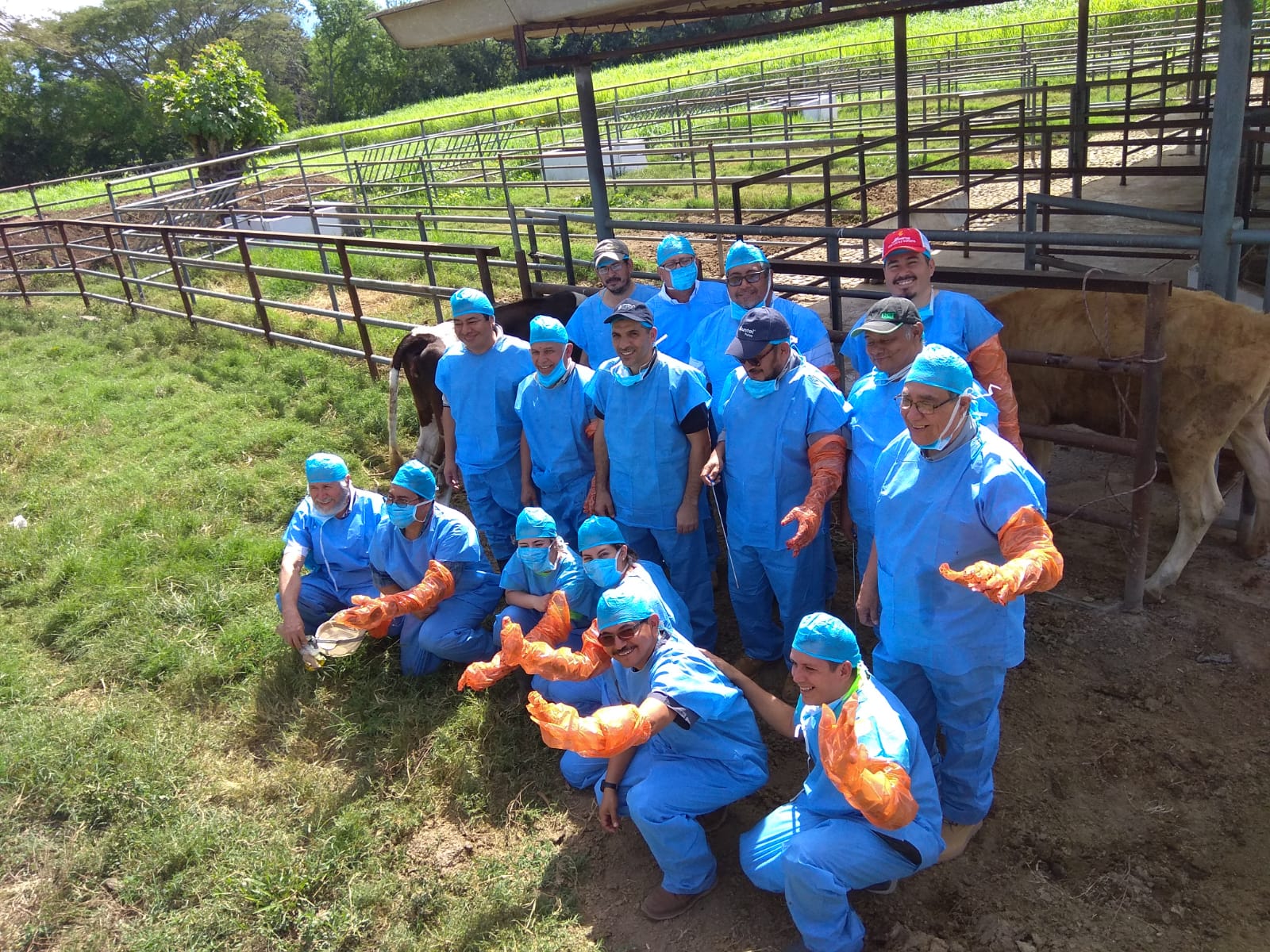
| Location: | The Republic of El Salvador | Term of Cooperation: Year: 2019 November |
| Implementing Organizations: | Palestinian International Cooperation Agency – PICA The Palestinian Ministry of Agriculture | SDG:  |
| Background: | The mission through the team of five has served implementing developmental agenda in the strategic agricultural development programs for the first time in El Salvador, to insure providing simultaneous programs with homogenous input, processing and output to under a strategic umbrella of cooperation with El Salvador. The delegation has adopted professional methodologies of knowledge transfer that were customized and designed to fit the Salvadorian nation through many Skype and on ground meetings, evaluation and assessment techniques to determine the gaps and the priorities. The agricultural program was designed on principles of excellence of least time, least cost and the highest productivity, thus, in 5 workings days in el Salvador, PICA was able to reach put and coach more than 100 agricultural engineers and veterinarians as well as agricultural entrepreneurs who are fully or partially involved and employed by ministries of agriculture of the affiliated centers and agencies. The principles of interventions is built over sustainability, efficiency and effectiveness which are assembled through a precise needs assessment that helps us design the right and influential intervention that either institutionalize a service, process or a product within the counterpart government priorities or fill a gap (fix a problem or provide support with there is an abundance). | |
| Purpose: | • Increase farmer’s income. • Produce healthy food. • To enhance the capabilities of agricultural cadres, raise their capacities and improve agricultural production. • To equip the livestock engineers with both theoretical and practical aspects of Aquaponic and silage making. • Spreading awareness of the importance of applying biosecurity in farms, institutions, and laboratories, the importance of early detection of veterinary diseases through laboratory testing and taking appropriate samples. • Disseminate the improved genetic traits of elite male males by using artificial insemination techniques to improve meat and milk productivity. | |
| Outputs: | 1. Transferring the idea of Aquaponic concept. 2. Providing healthy and safe food (fish and vegetables). 3. Knowing how the best use of water to produce two kinds of food. 4. Encouraging people to benefit from building floors, schools, and gardens. 5. Providing the trainees with skills enable them to make their own healthy food at home as well as create new innovative ideas for new jobs. 6. Training veterinarians on the importance of proper investigation of disease by conducting a questionnaire for farmers. 7. Informing veterinarians about the necessity of setting an early plan for the investigation of the disease. 8. Informing veterinarians and farmers about the importance of veterinary records on the farm. 9. Working with the laboratory technician to develop their capabilities to diagnose diseases using a PCR device. 10. Training the farmer to practice the new techniques and implement them within their own environment (Inside the Greenhouse & Open field). 11. Changing the traditional farming methods to the modern one. 12. Development of artificial insemination centers. 13. Using artificial insemination techniques in cows and sheep for improving genetic traits. 14. Development of administrative matters and breeding systems on the farm. 15. Strengthening the networking methods between farmers, societies and the public sector. 16. Reducing the cost of raising pollinated males on the farm. | |
| Activities: | • Home made food manufacturing • Innovate techniques for tomato, cucumber and pepper cultivated under greenhouses and vegetable grafting • The biosecurity,risk analysis and in the laboratory • Artificial insemination in cattle, sheep and goat | |
| Working Framework: | South-South cooperation to enhance bilateral relations. | |
| Beneficiaries: | The Republic of El-Salvador National center of Agriculture and Research, CENTA |

